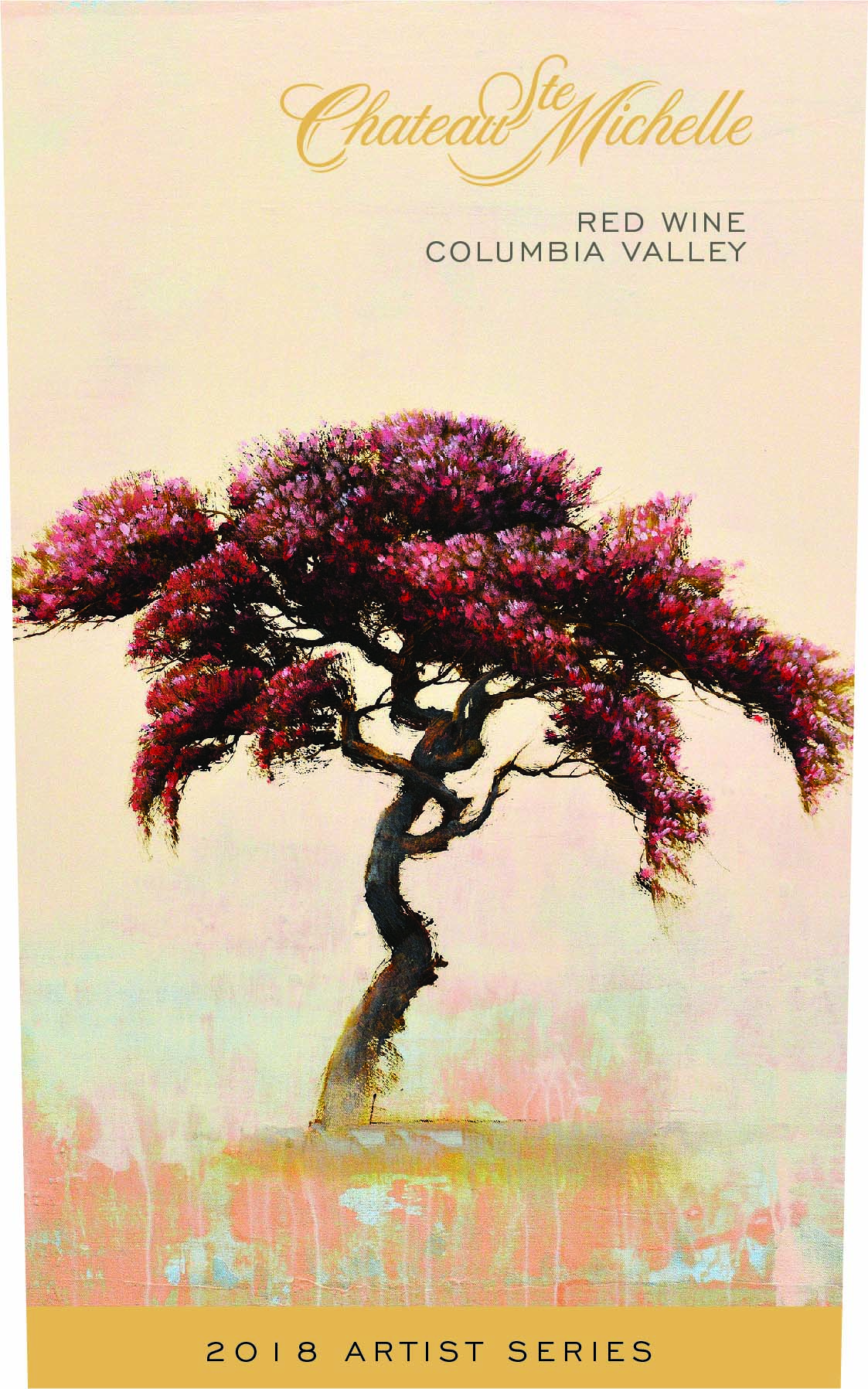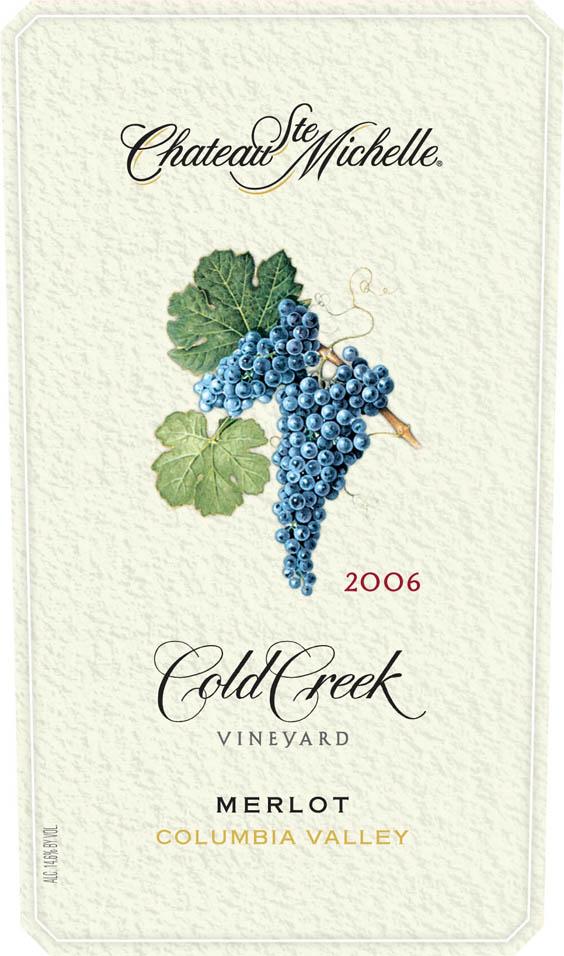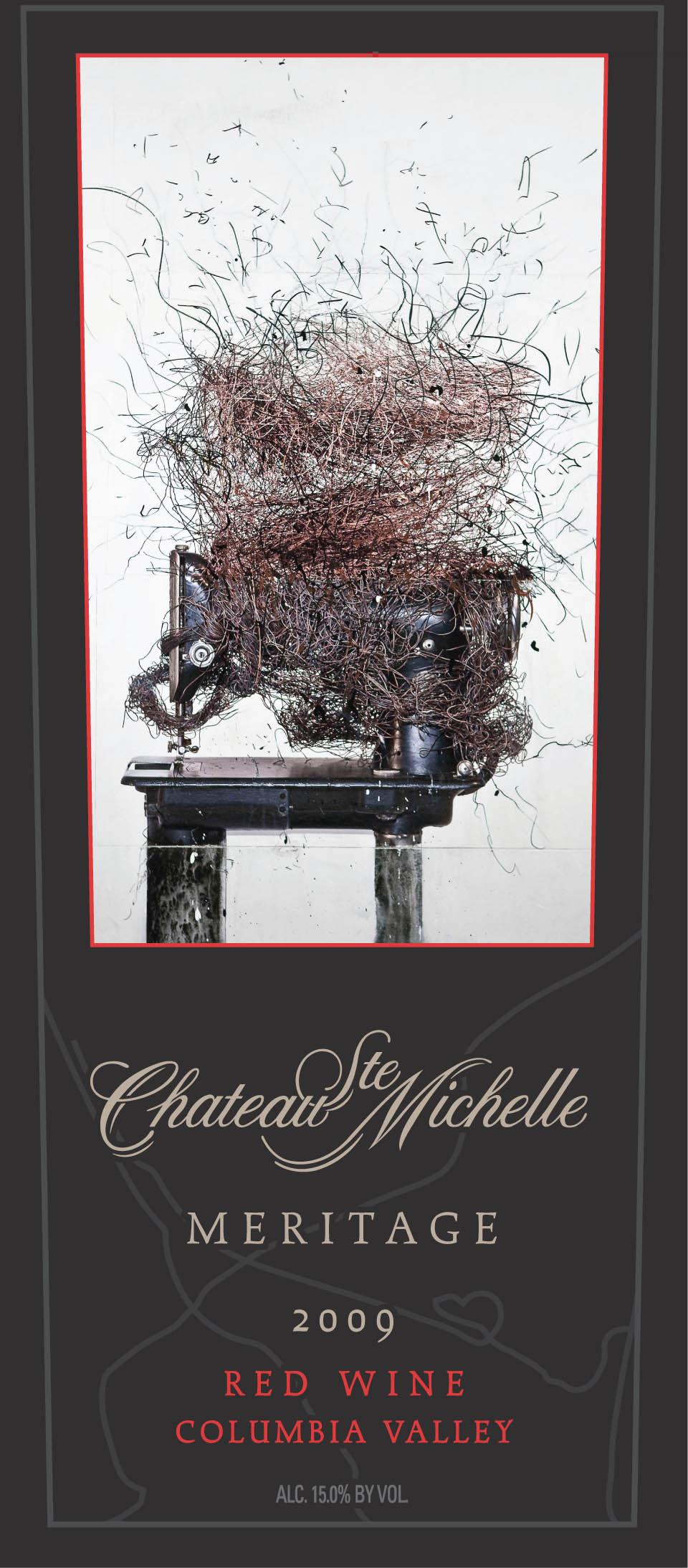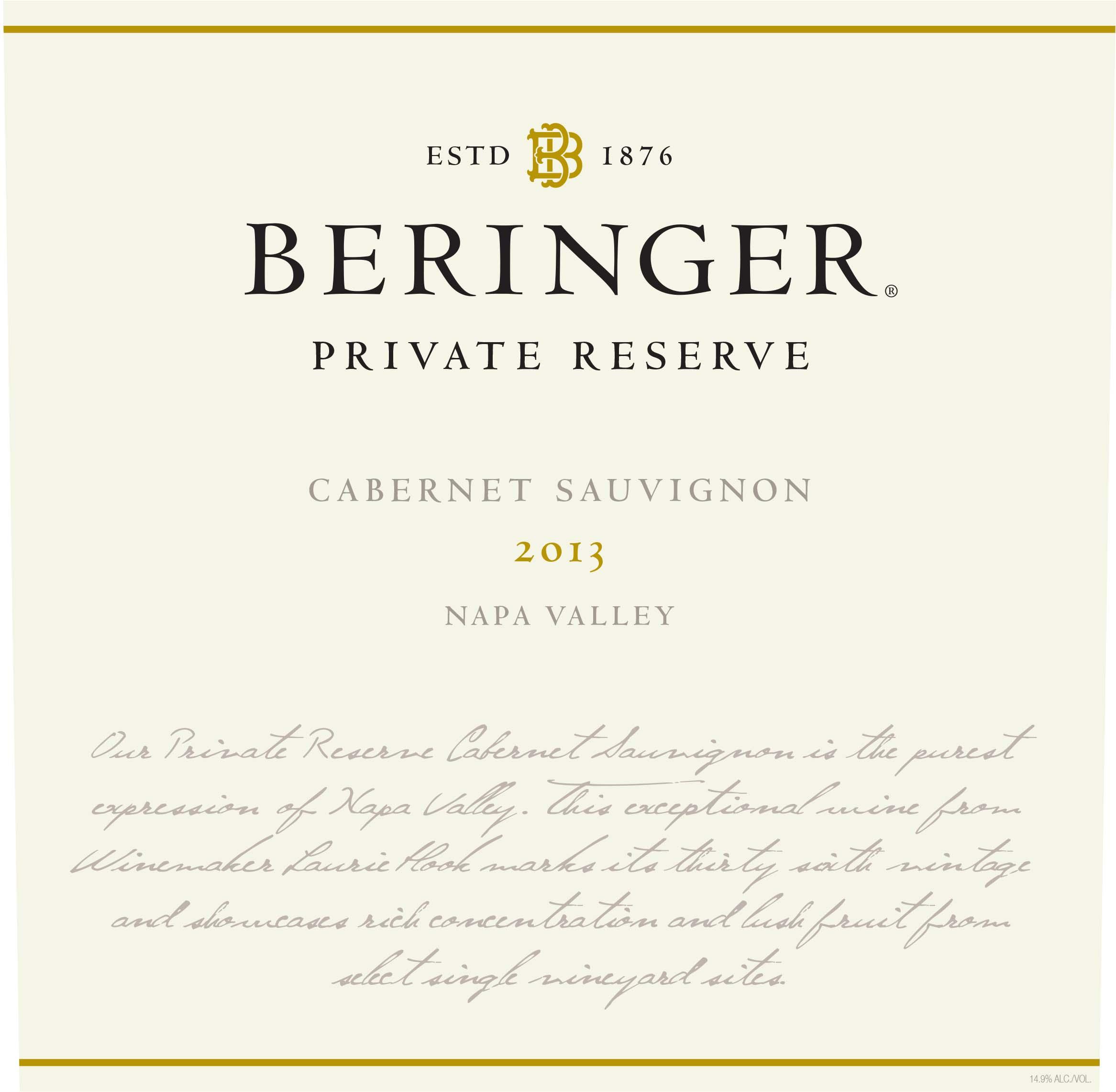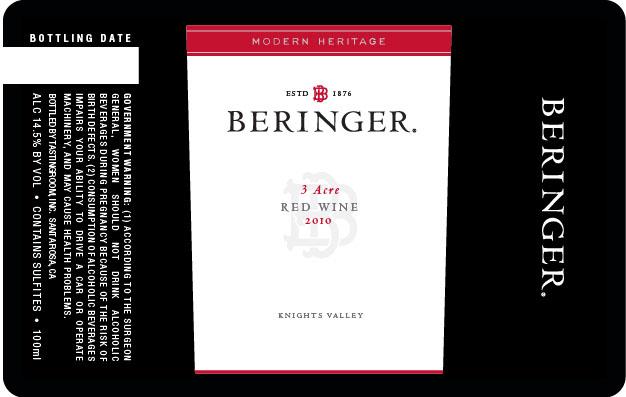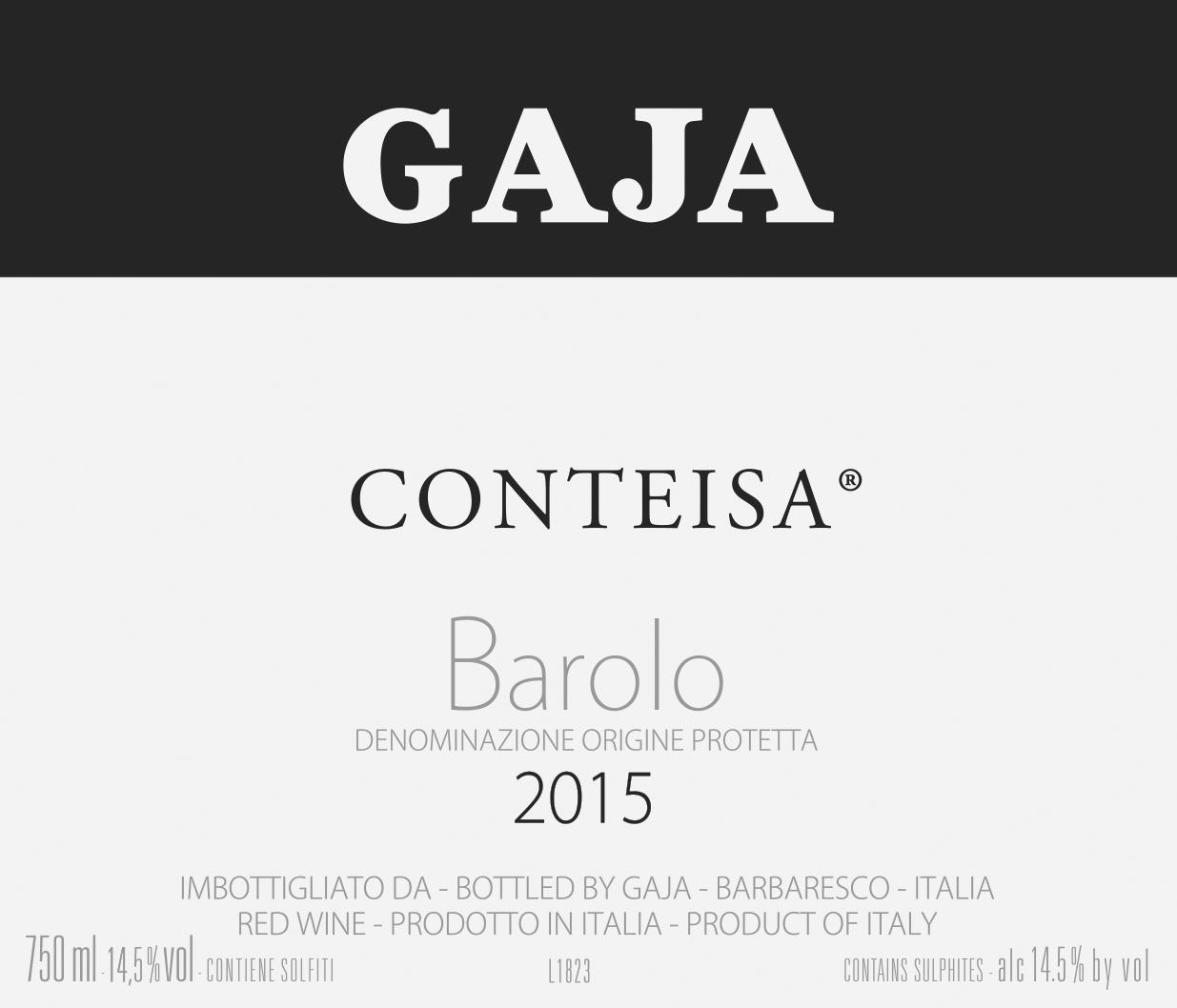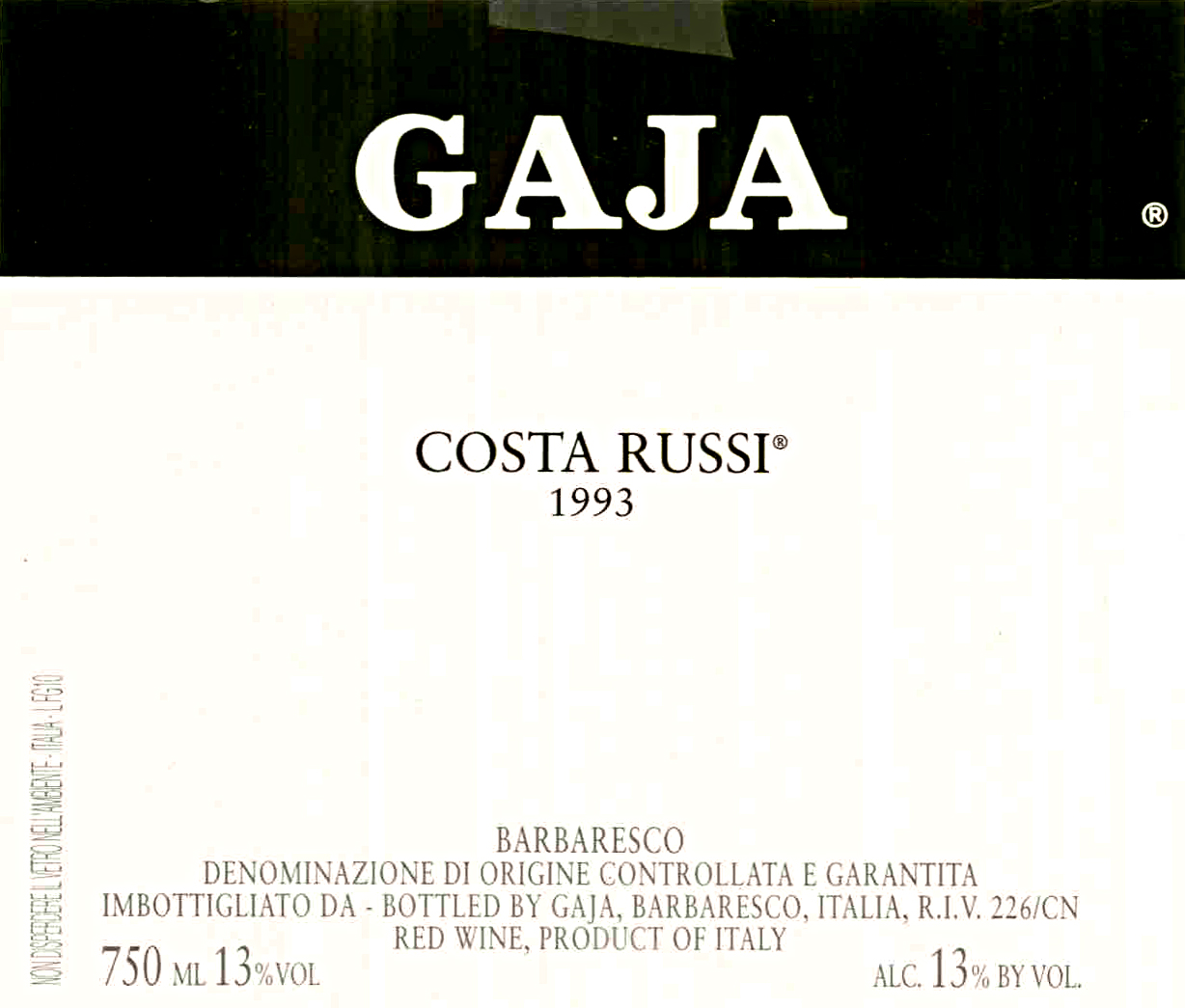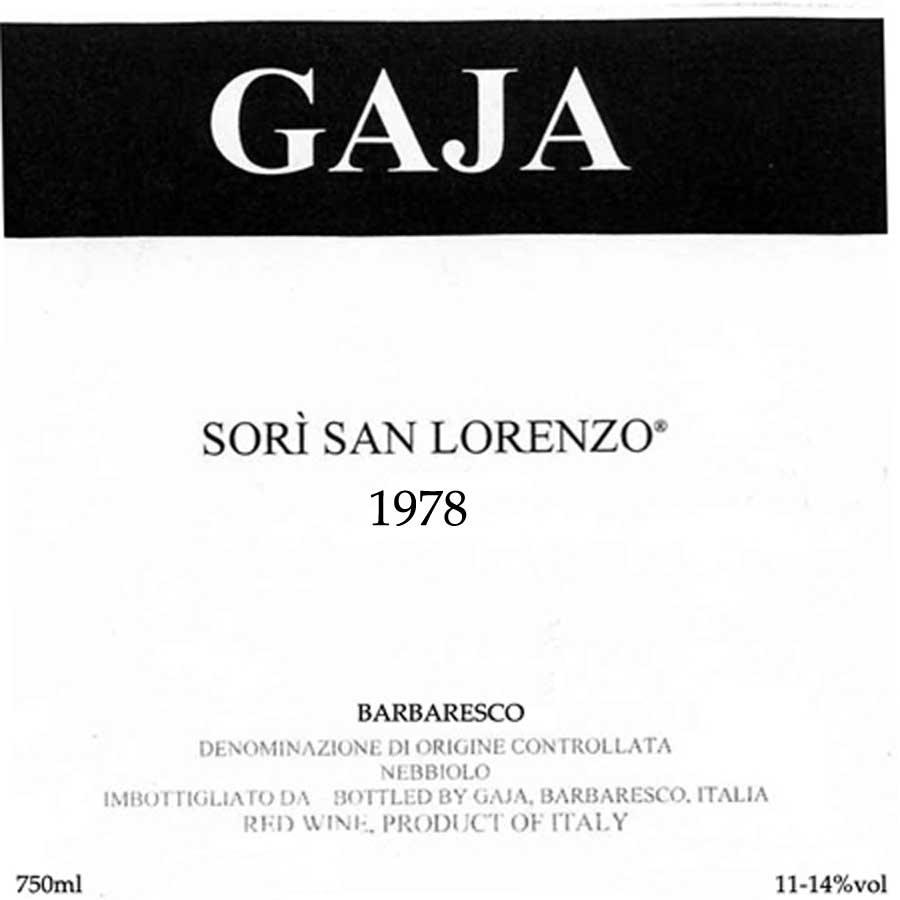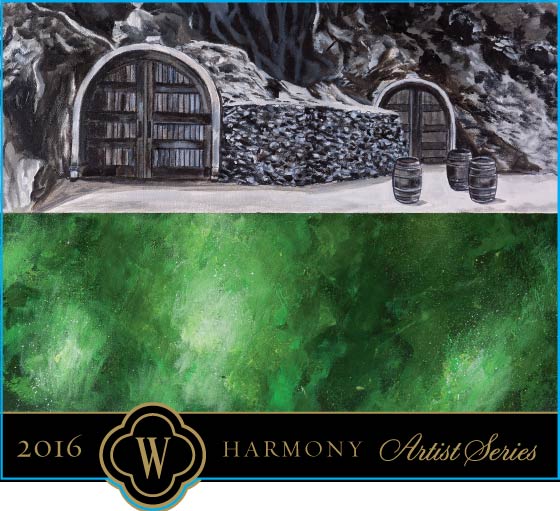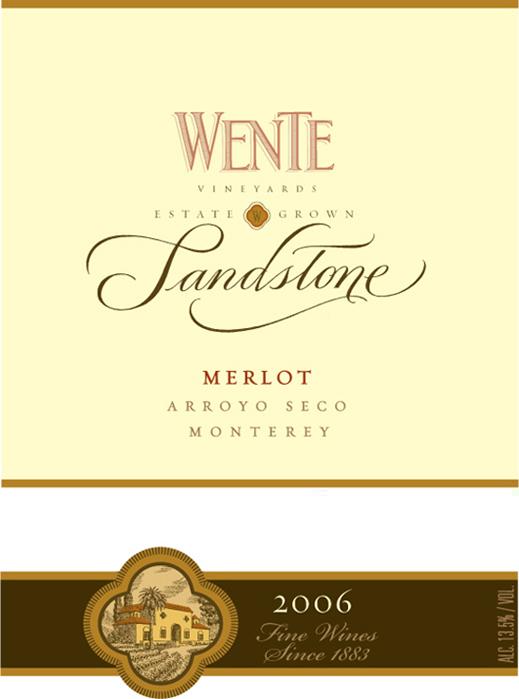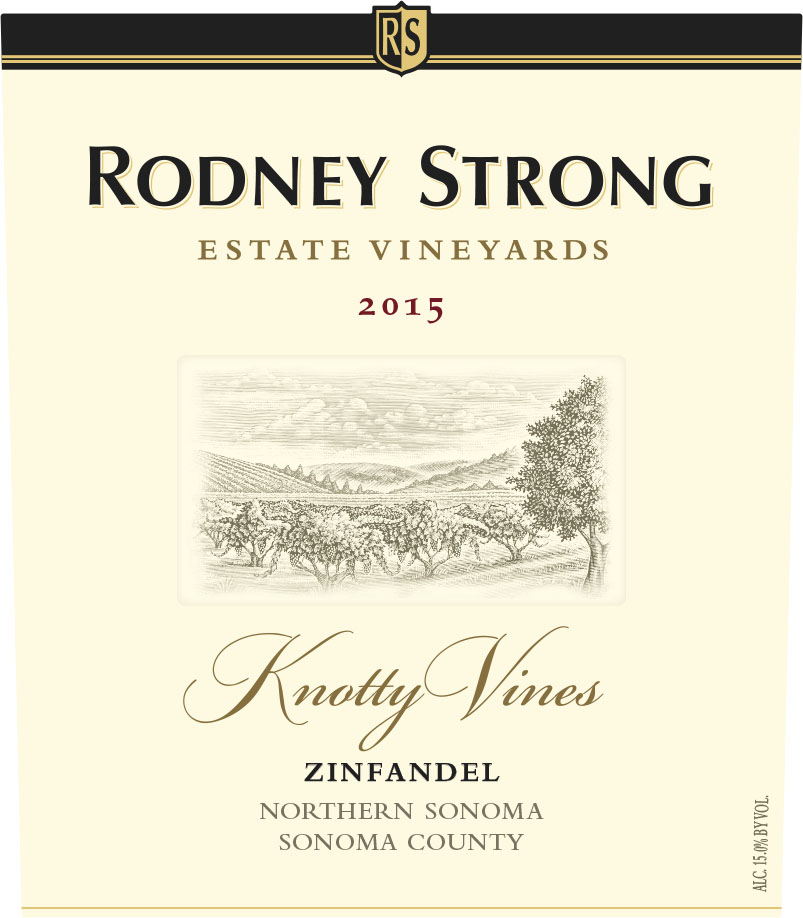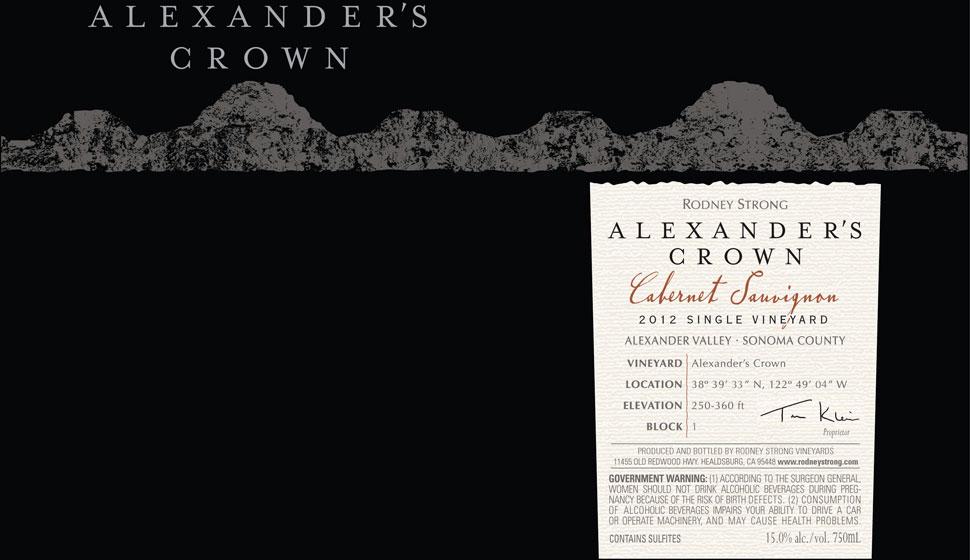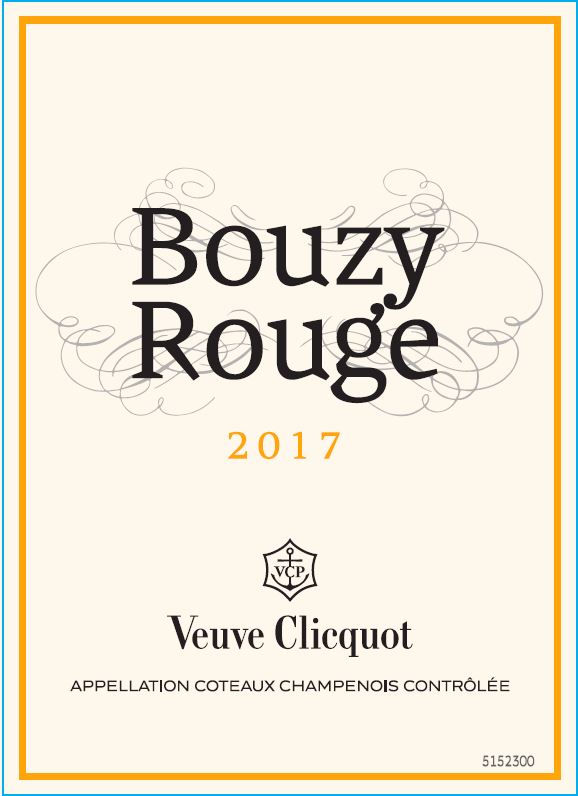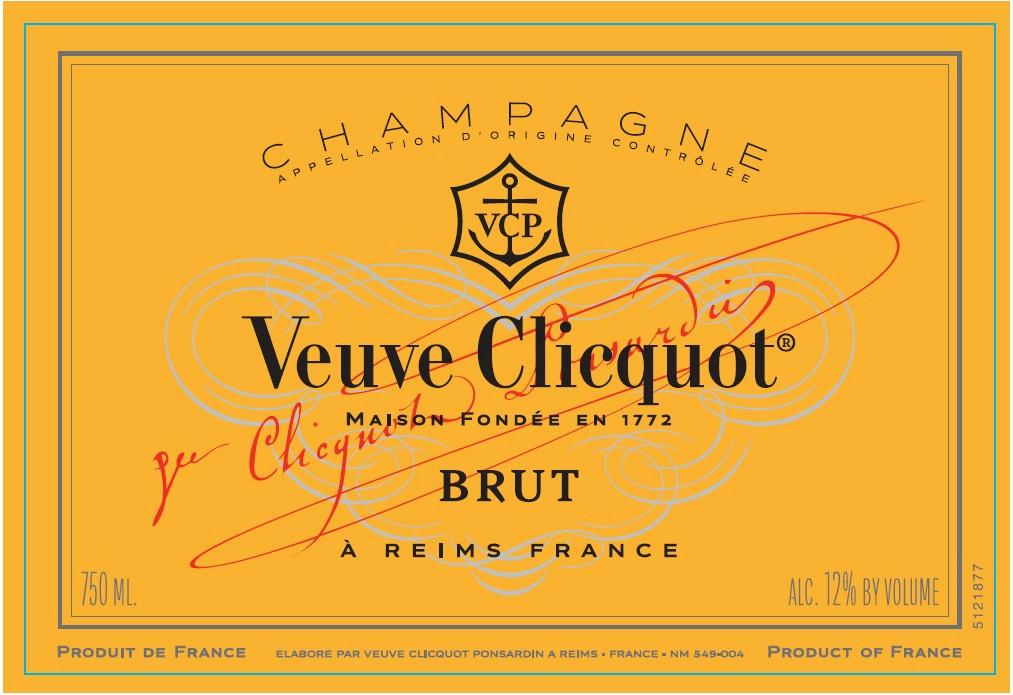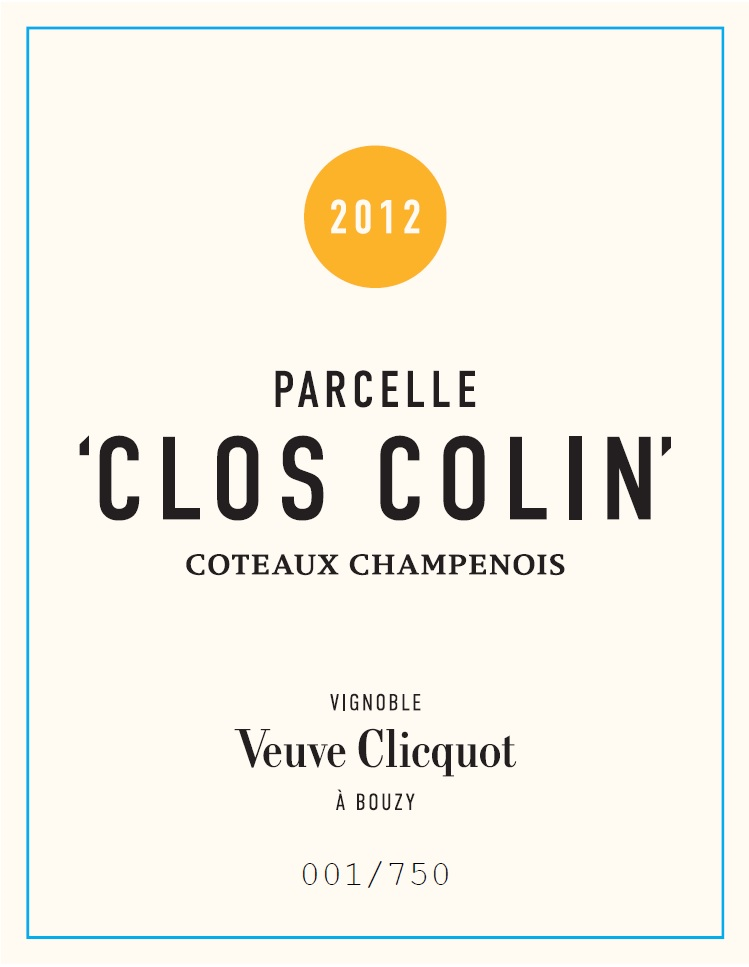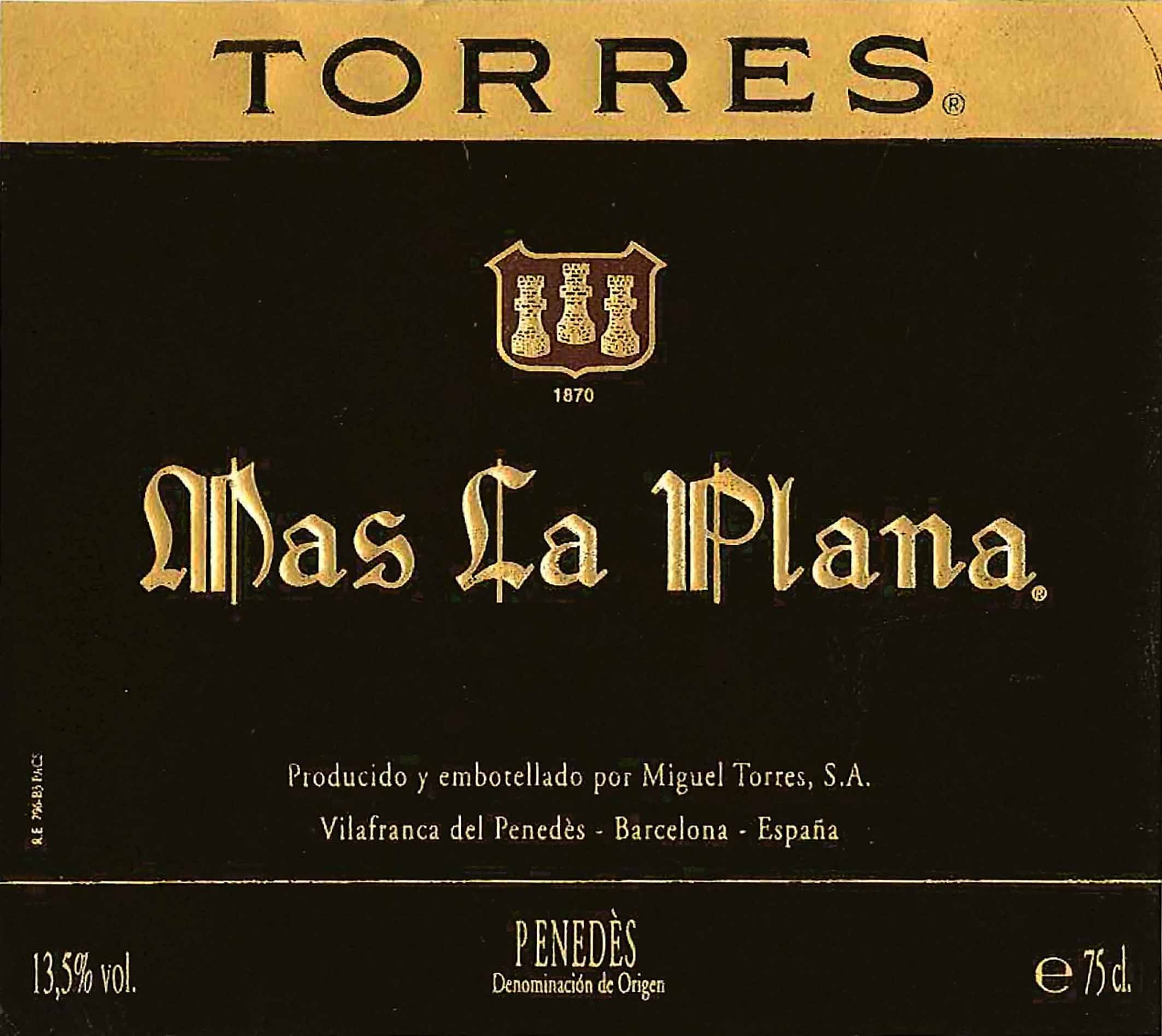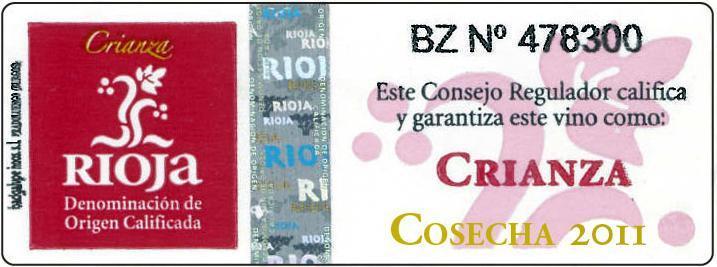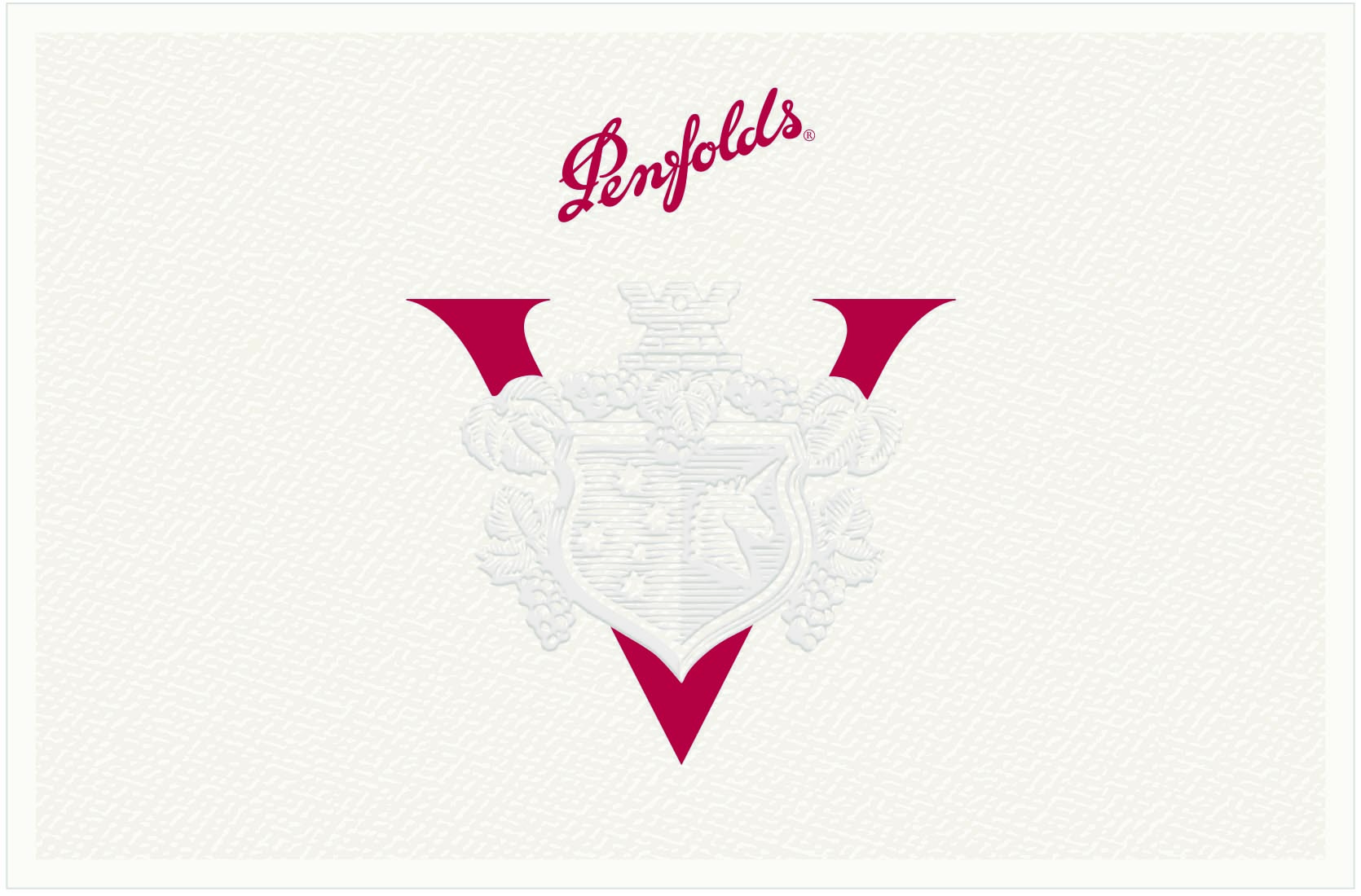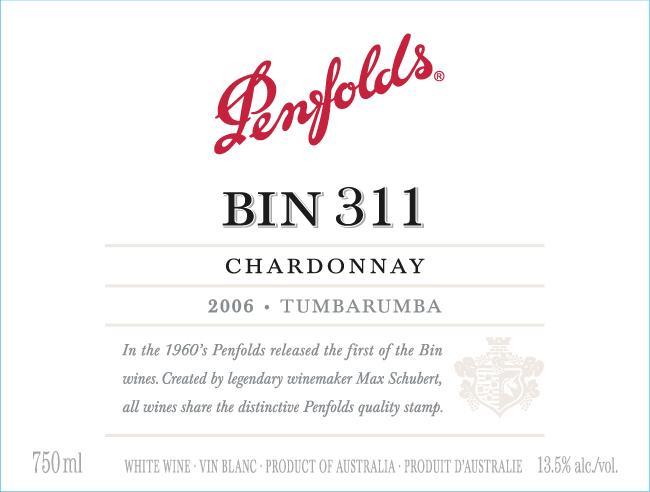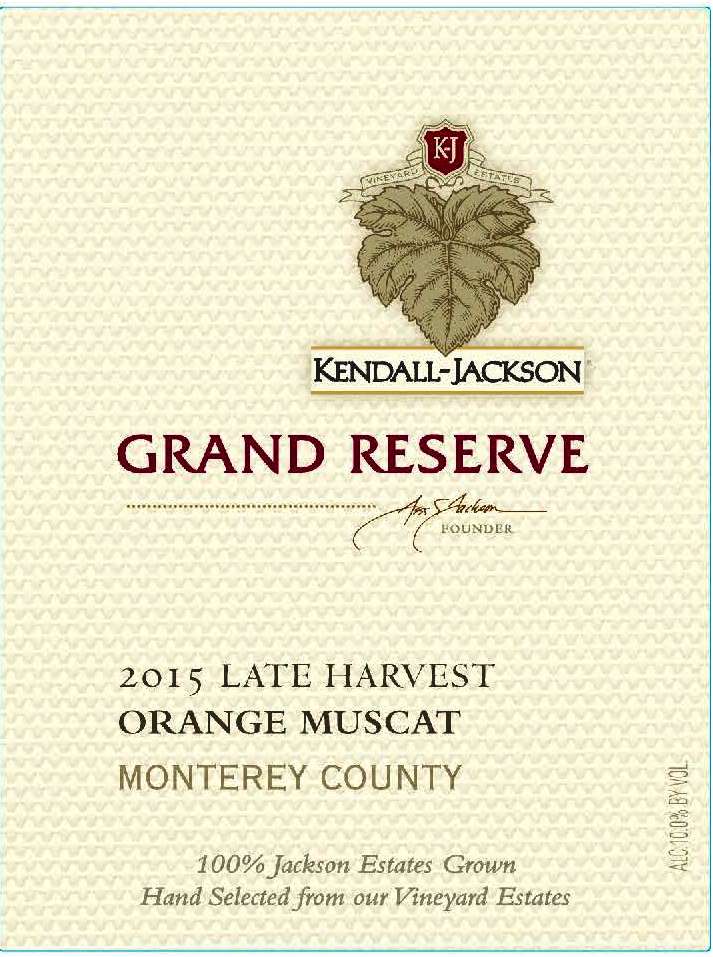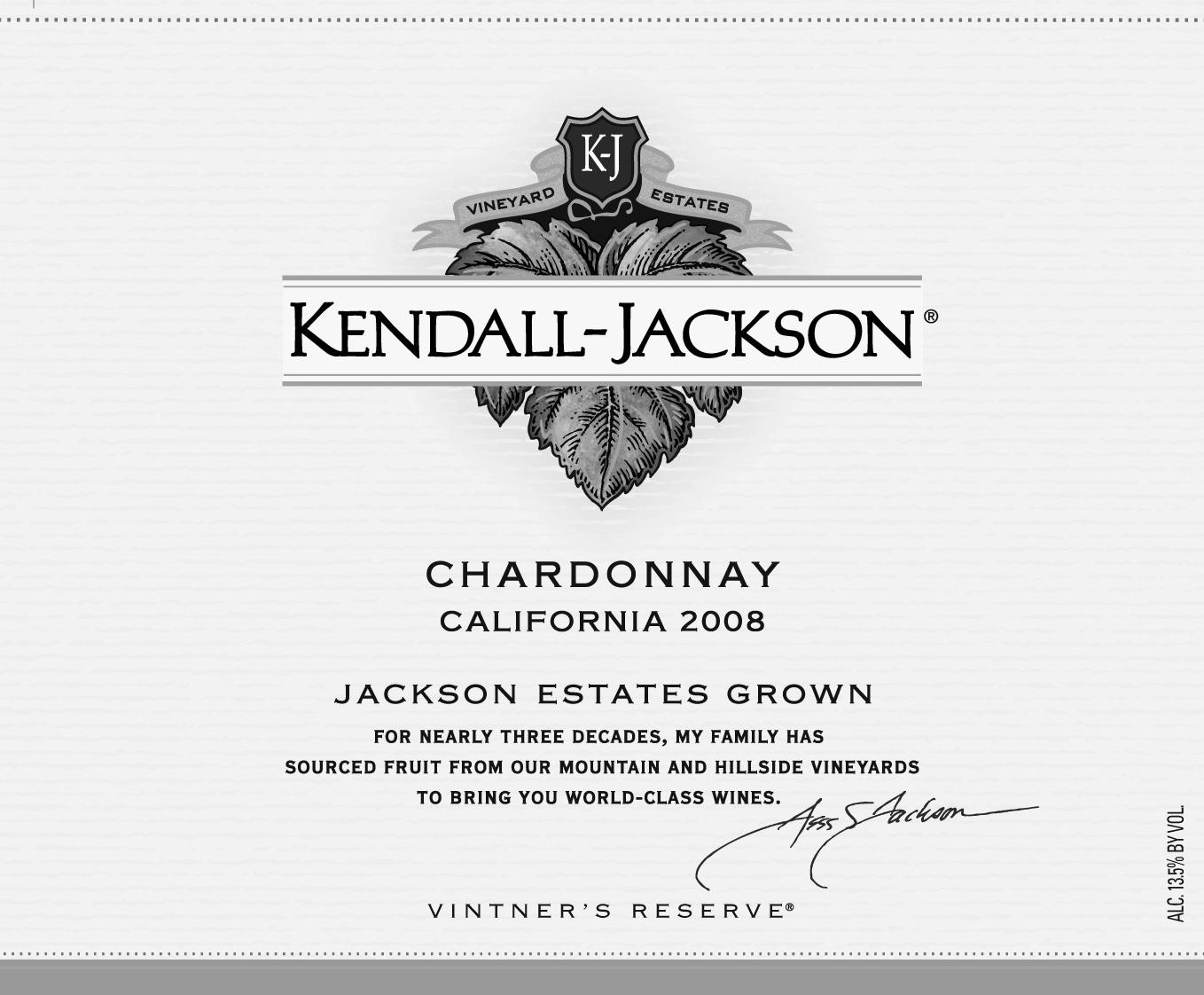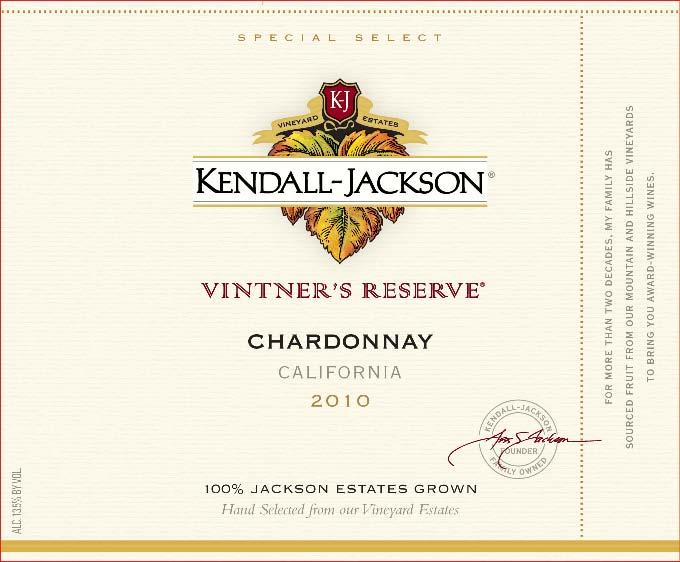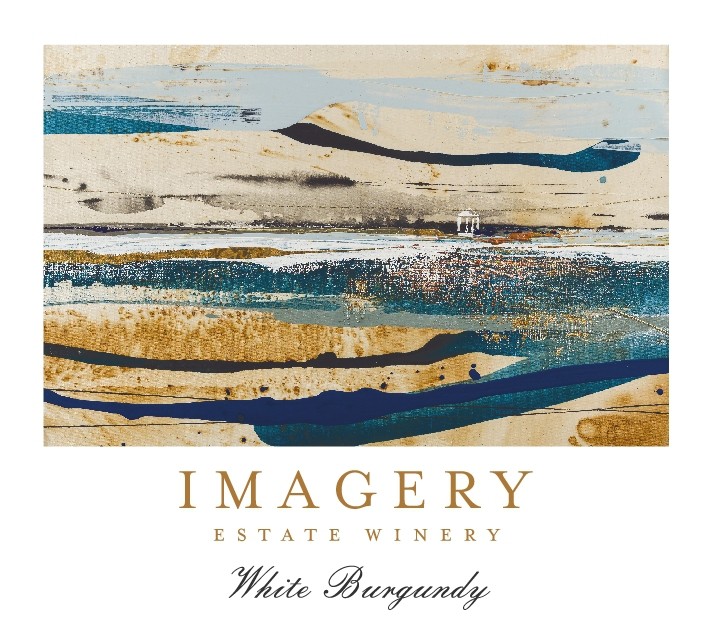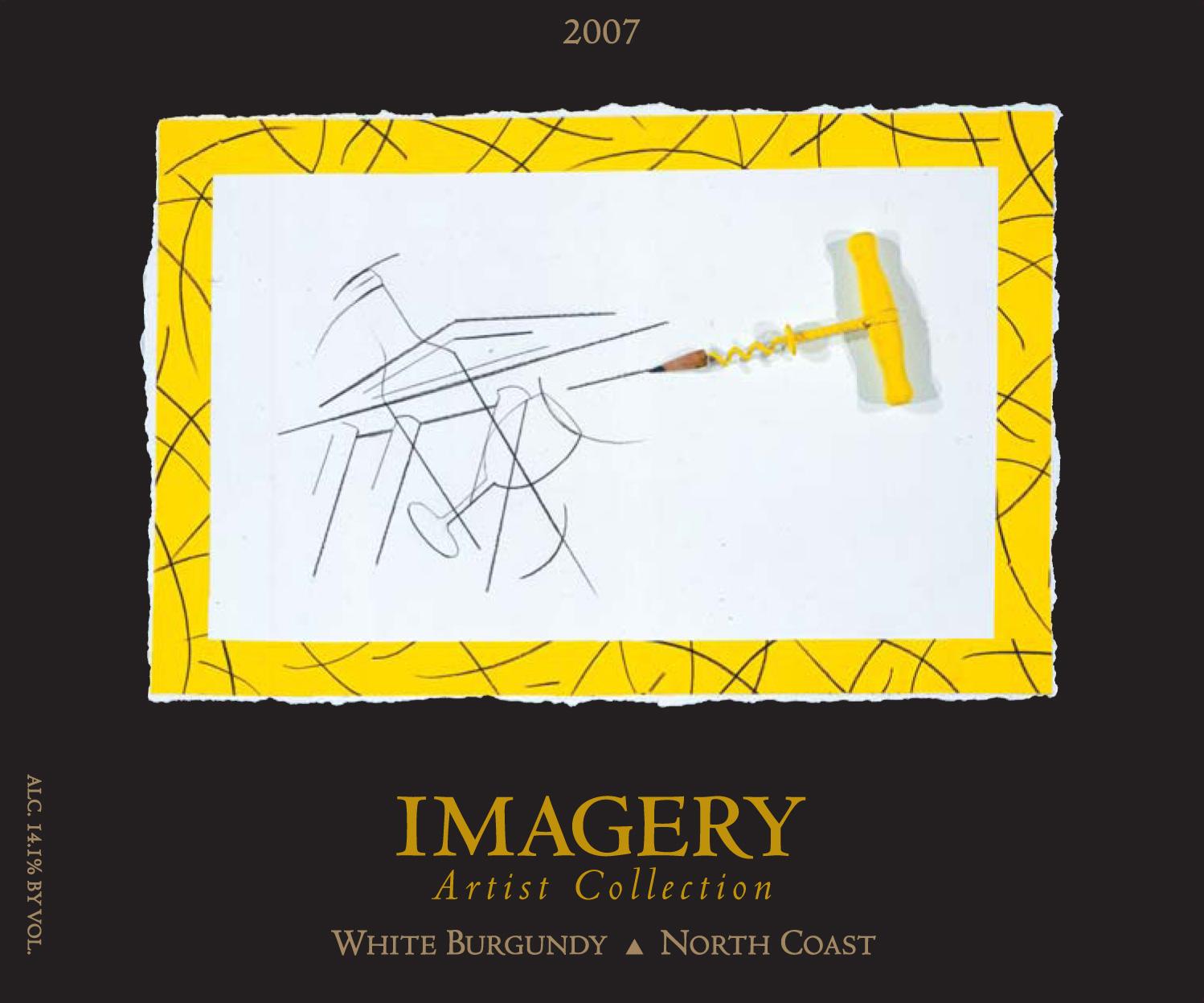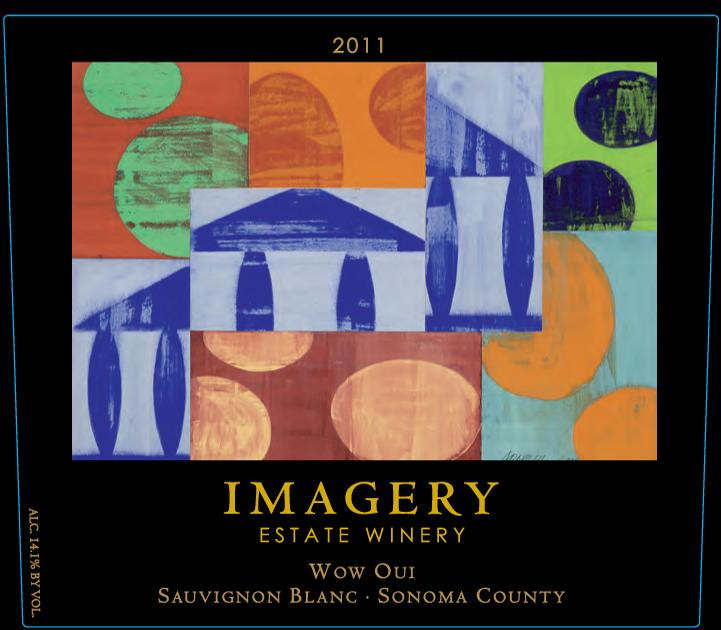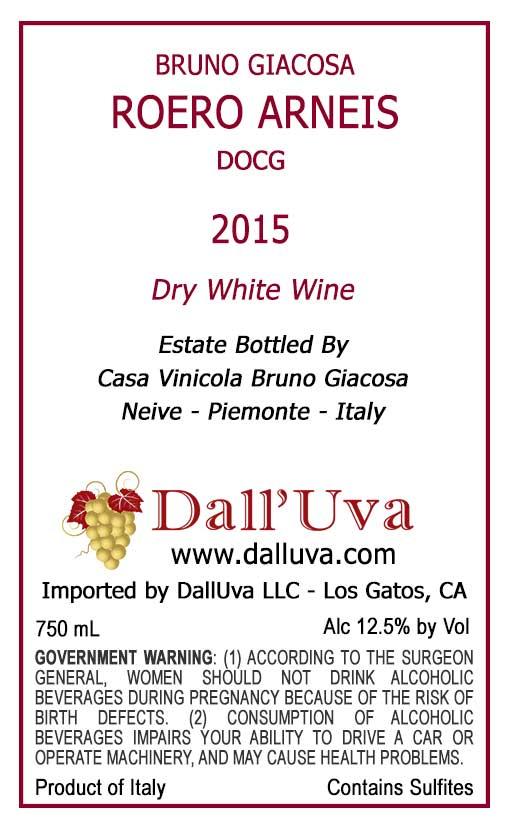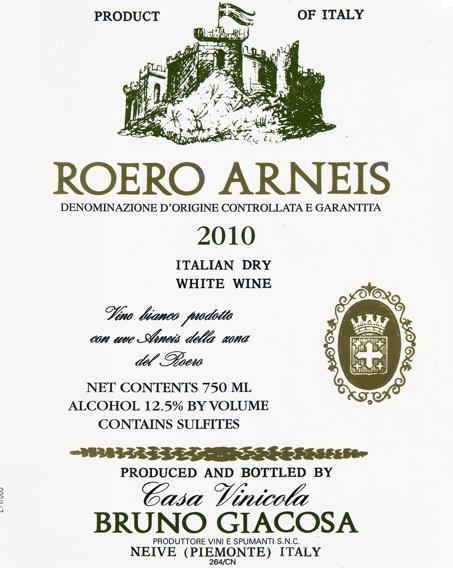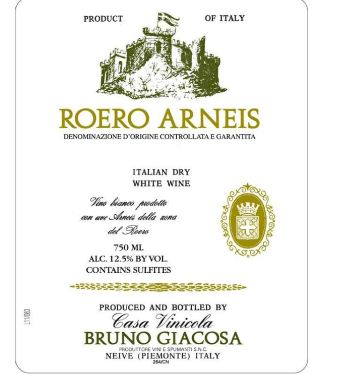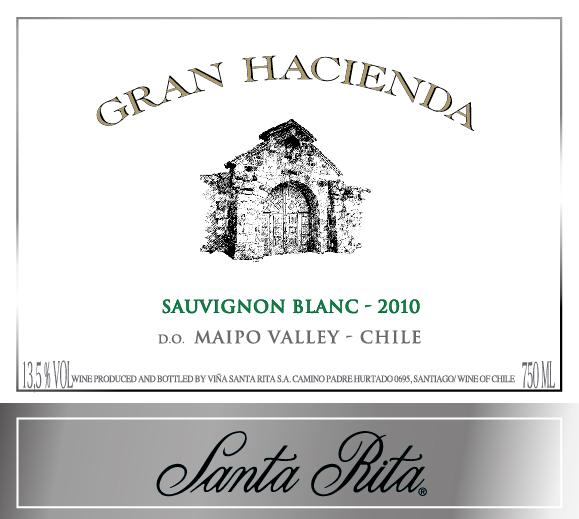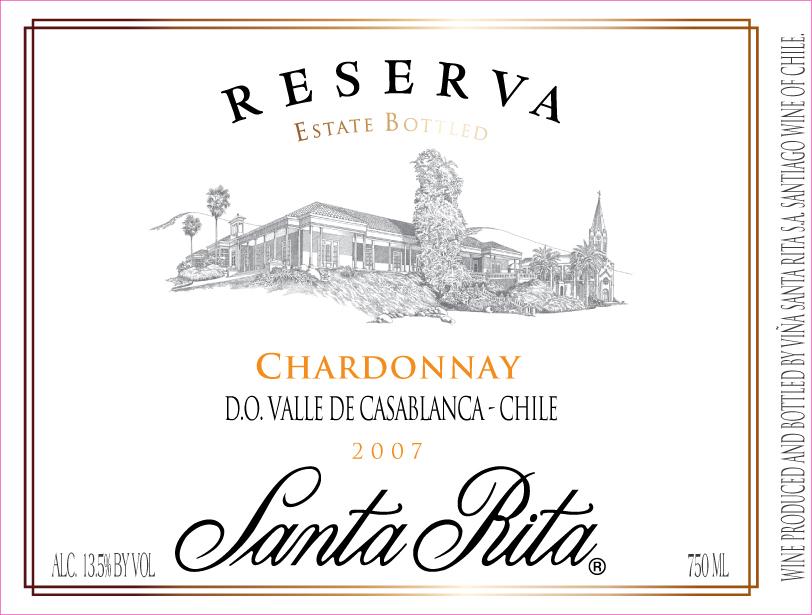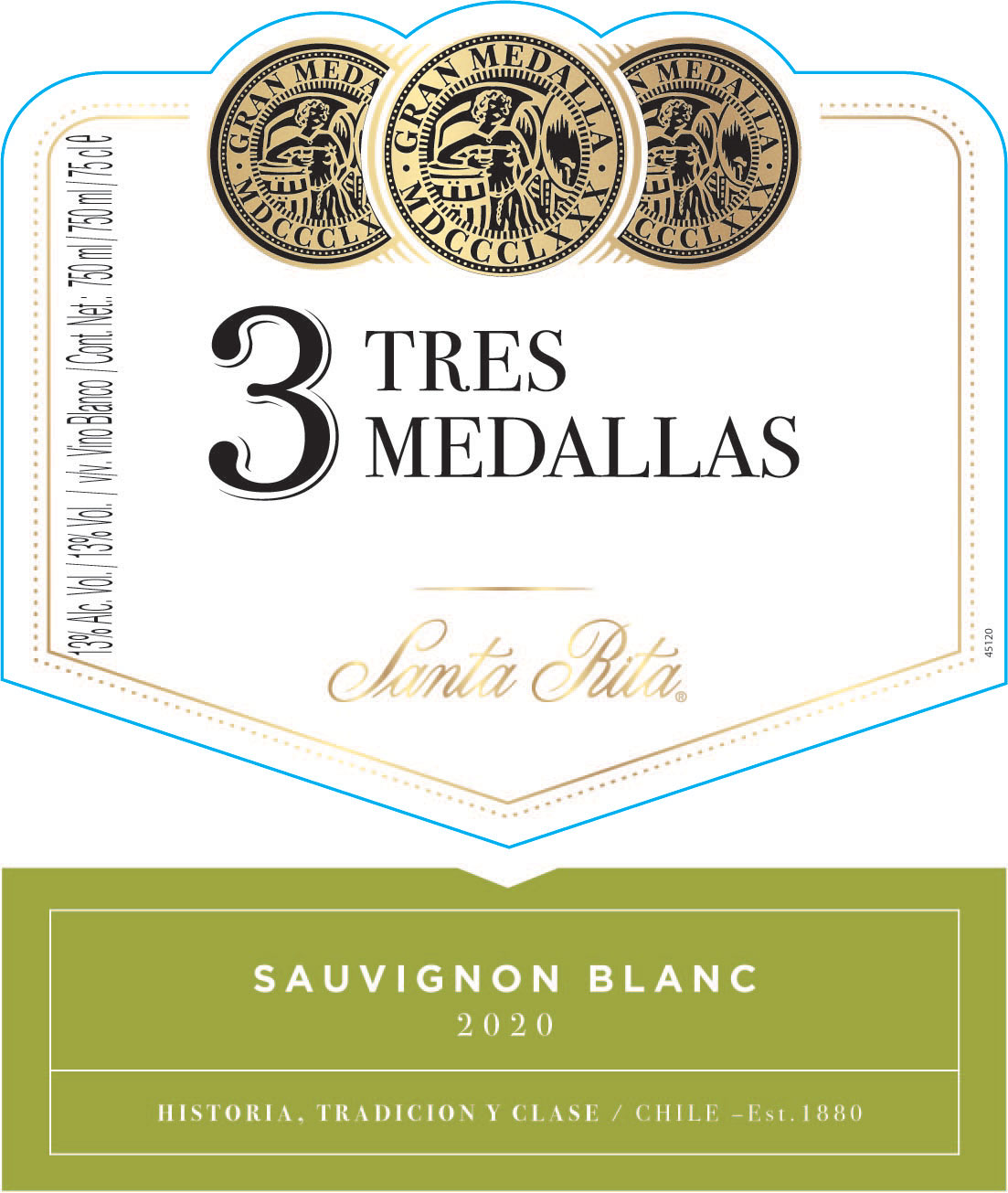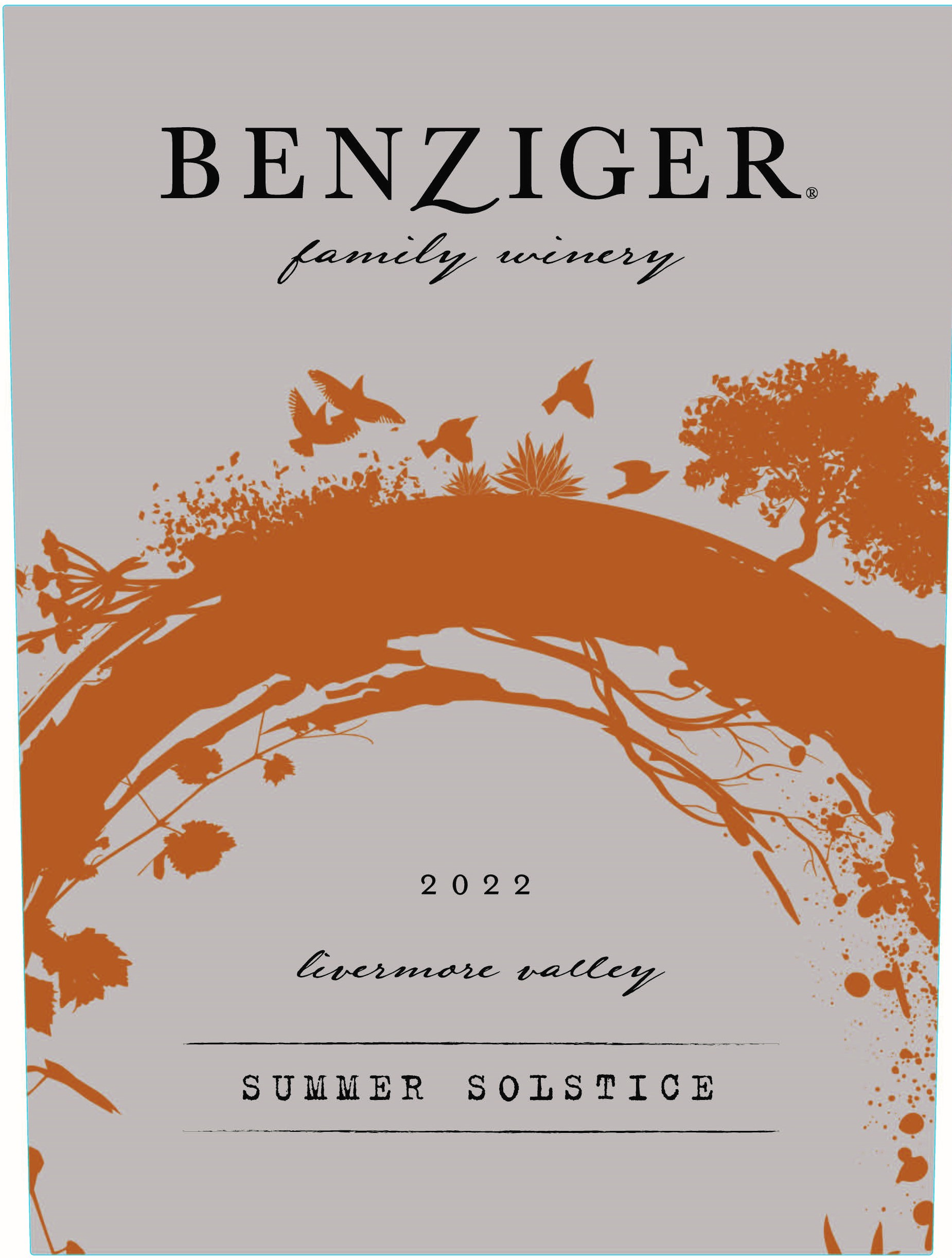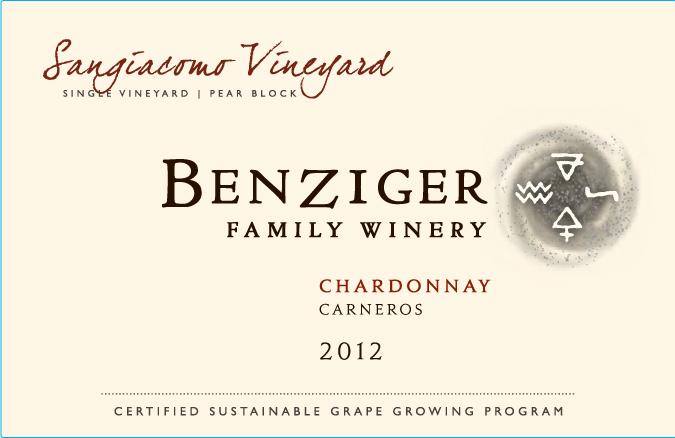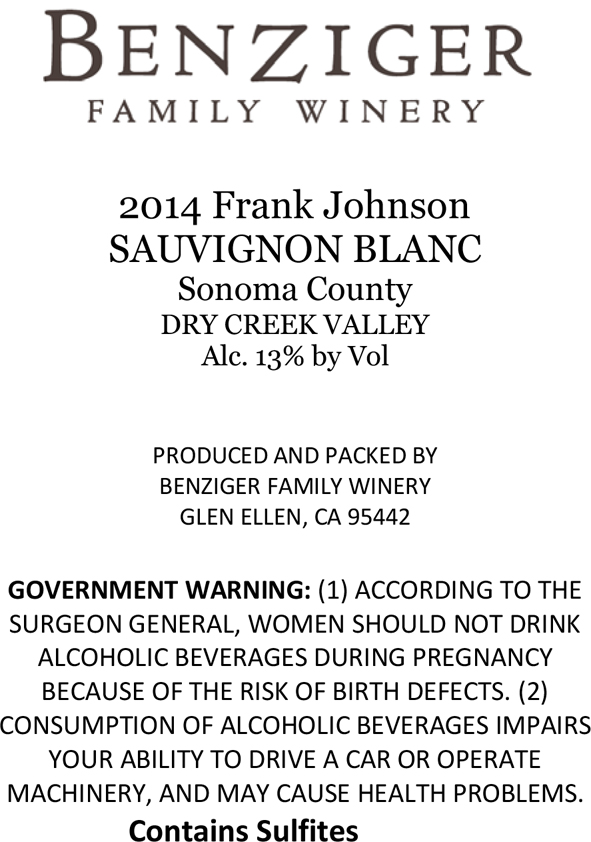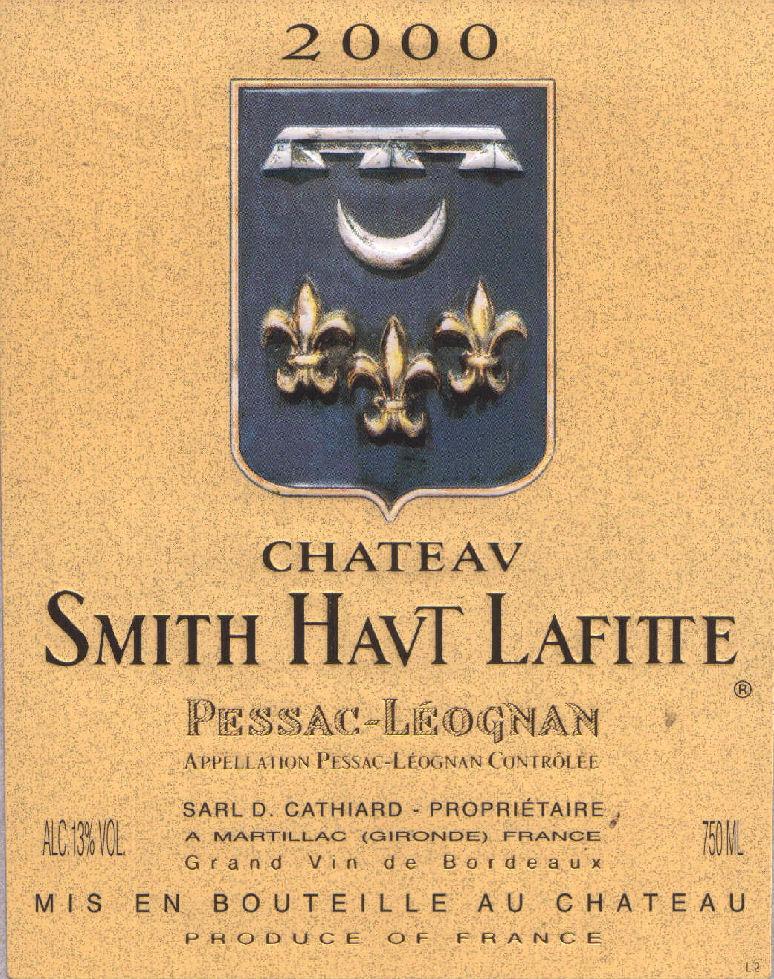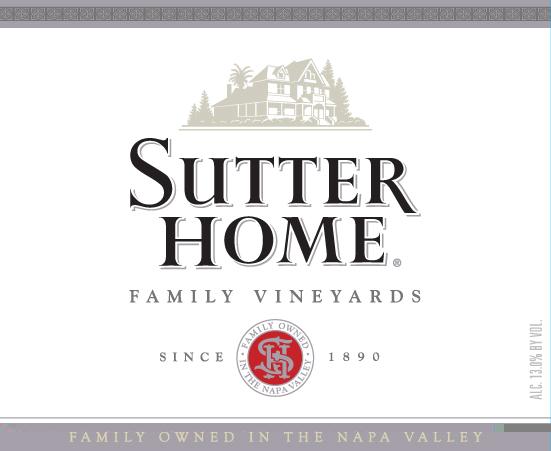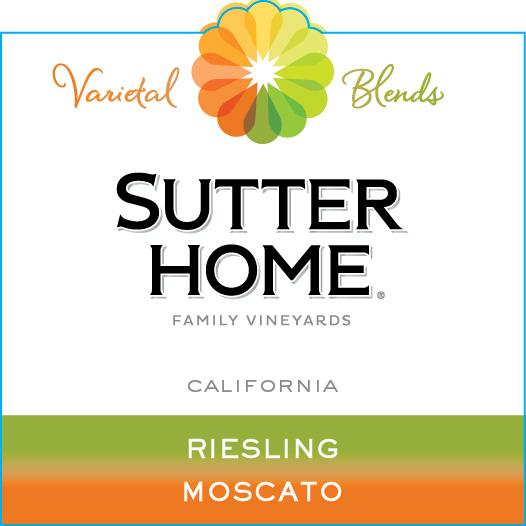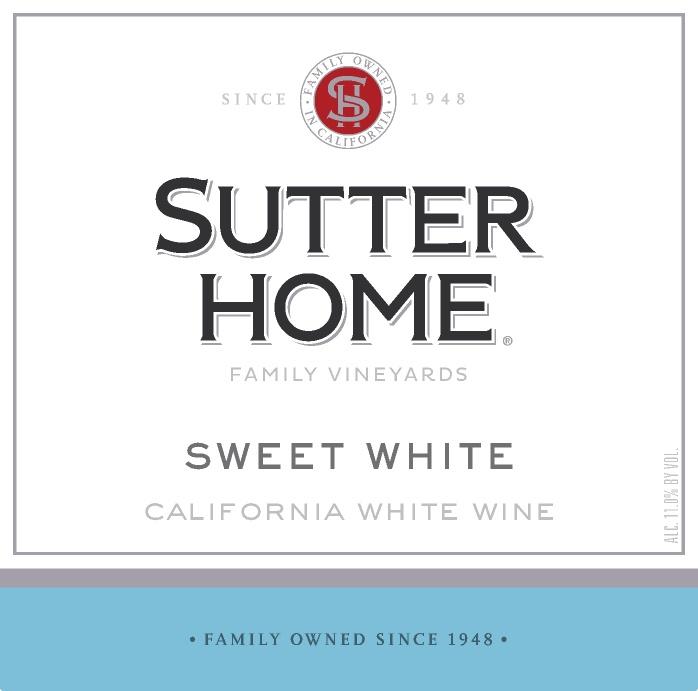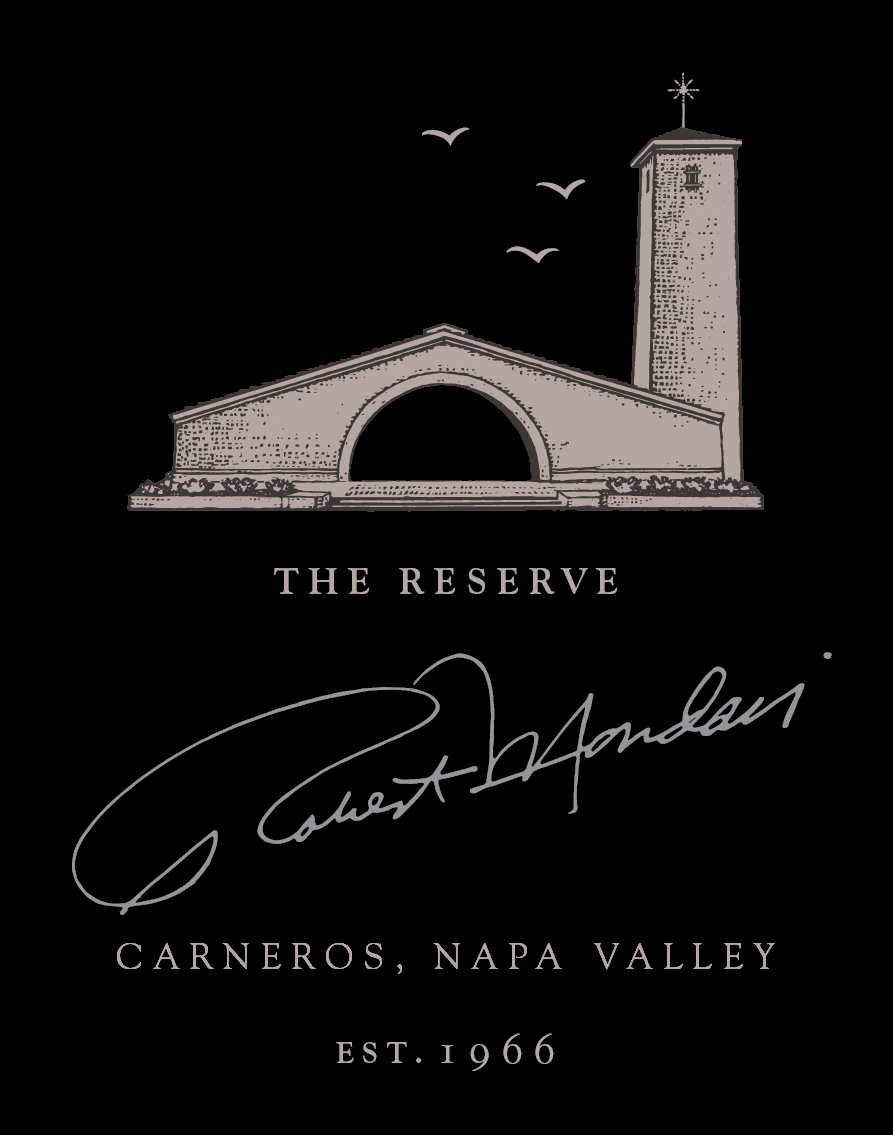Terroir of Barbera d’Alba
The vineyards of Barbera d’Alba, gracefully nestled in the Langhe hills at altitudes between 200 and 450 meters, are shaped by a fully continental climate. This region enjoys hot days and cool nights, ideal for maintaining the grapes' natural acidity while achieving full ripeness. The autumn season often brings a defining fog, adding a unique character to the wines.
Soils here are primarily calcareous clay and limestone marl, famed for their mineral richness and excellent drainage, similar to the prestigious terroirs of Barolo and Barbaresco. These bluish-gray marls, remnants of ancient marine deposits, contribute to the robust yet lively nature of the wines. With vineyards typically oriented east to south, the grapes benefit from abundant sunshine and significant diurnal temperature variations, reinforcing the vivid expression of Barbera d’Alba's terroir.
Notable Wineries in Barbera d’Alba
In the picturesque setting of Piedmont, Italy, the Barbera d'Alba region is home to prestigious wineries celebrated for their distinct expressions of the Barbera grape. Notable producers include Vietti, G.D. Vajra, and Elio Altare, each known for crafting exceptional Barbera d'Alba wines that showcase the region's unique terroir.
-
Vietti: Renowned for their commitment to quality and innovation, offering vibrant and complex wines.
-
G.D. Vajra: Esteemed for elegant wines that balance tradition with modern winemaking techniques.
-
Elio Altare: Pioneers of modern Barbera, producing intense and refined wines.
-
Bruno Giacosa: Known for producing age-worthy wines with remarkable depth and character.
-
Marchesi di Barolo: A historic estate crafting wines that honor the rich heritage of the region.
-
Cavallotto: Celebrated for their focus on terroir-driven wines, enhancing the Barbera grape's expression.
-
Domenico Clerico: Famed for their innovative techniques and bold, expressive wines.
-
Terre del Barolo: Major producers known for accessible, quality Barbera wines.
Sustainable Winemaking in Barbera d’Alba
In Barbera d’Alba, sustainability is at the heart of viticulture, with winemakers adopting eco-friendly methods to preserve their picturesque environment. Embracing Guyot pruning and vertical trellising, they maintain balanced canopies and effectively manage vineyard health. Cover crops are strategically used to enhance soil vitality and improve water efficiency, while integrated pest management reduces reliance on chemical solutions.
Increasingly, producers are shifting towards organic and biodynamic practices, minimizing additives in the winery and utilizing energy-saving technologies. The DOC regulations, which emphasize quality by limiting yields, further support these sustainable efforts. Collectively, these practices not only protect the land but also allow the Barbera grape to express the distinct character of the region’s unique terroir, ensuring the long-term health and vibrancy of Barbera d’Alba’s vineyards.
Wine Tourism in Barbera d’Alba
Barbera d'Alba in the Langhe region is a prime destination for wine tourism in Italy. This area combines its rich winemaking heritage with a picturesque landscape that draws visitors for more than just its wines.
The annual White Truffle Fair in Alba adds a culinary highlight, where local wineries offer tastings paired with regional specialties like hazelnuts and truffle dishes.
Wine routes such as the Strada del Barolo e Barbaresco connect quaint villages, providing a scenic backdrop for walking or cycling. Here, tourists can explore historic estates that often include museums or castle tours.
The Langhe hills, recognized as a UNESCO Vineyard Landscape, provide a stunning setting for these activities. Farm stays and wine shops throughout the region enhance the experience, allowing visitors to immerse themselves in the local culture and wine craftsmanship.



